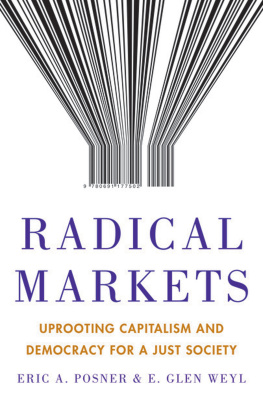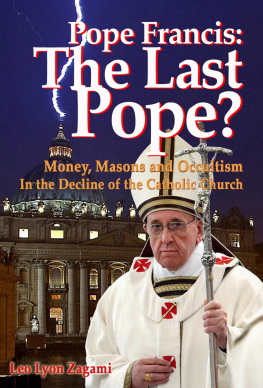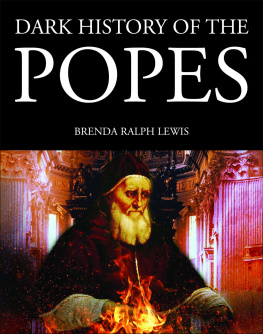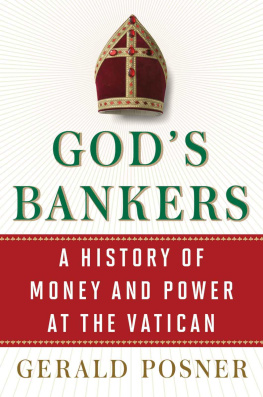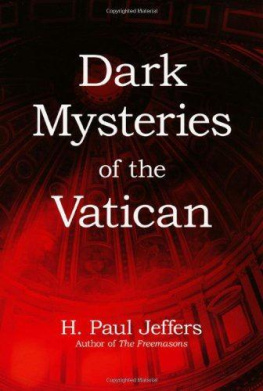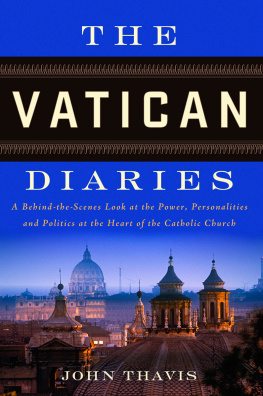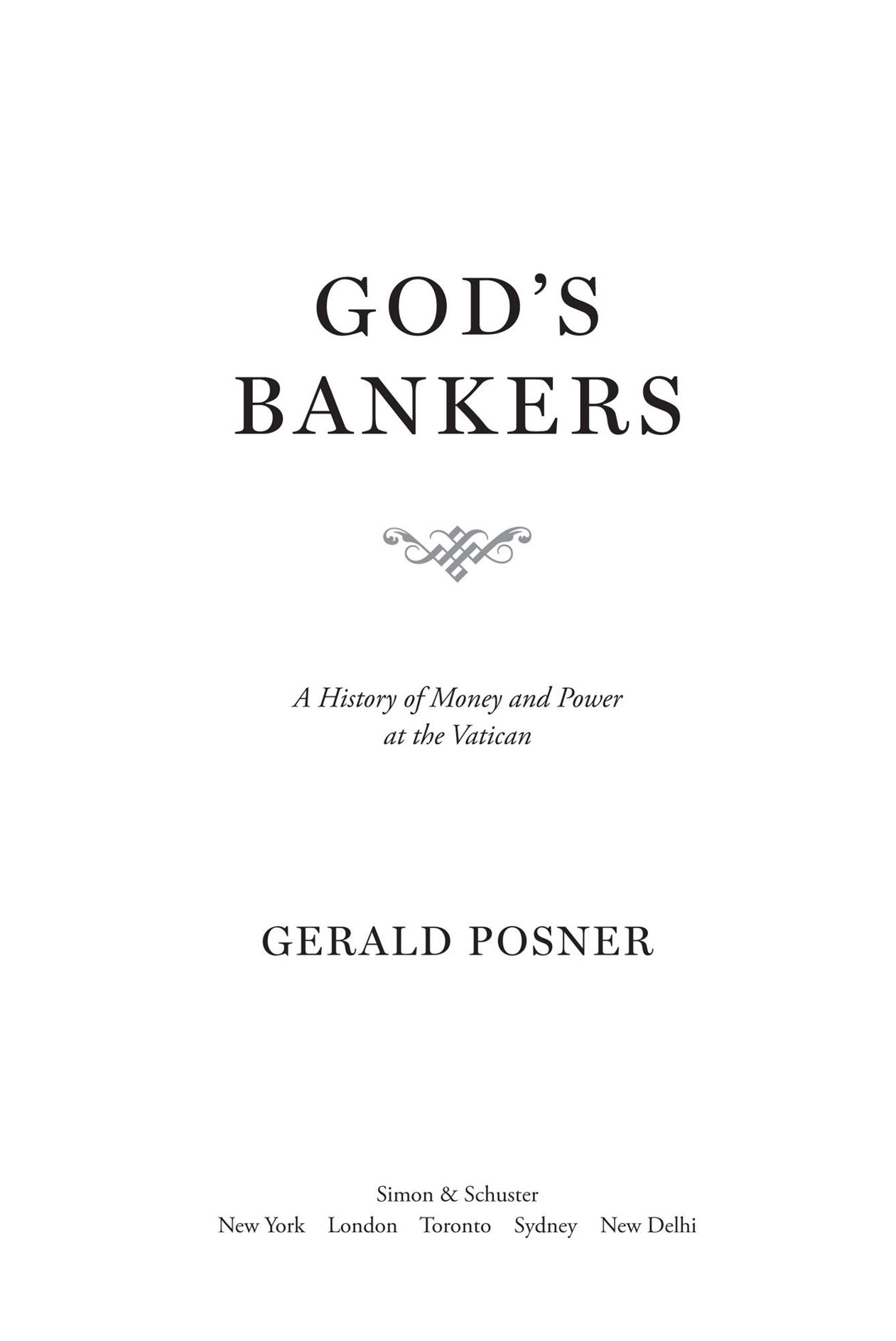Contents

To Trisha, my muse and eternal love
Preface

In 1984, I traveled to Buenos Aires as part of my research for a biography of Auschwitzs Angel of Death, Nazi Dr. Josef Mengele. I petitioned Argentinas first democratically elected president, Ral Alfonsin, for access to the countrys secret files on Mengele. There was no response for several weeks. Then, one night, at nearly 11:00 p.m., several uniformed police knocked on the door of my downtown hotel. I was put into the back seat of a blue Falcon, the very type of unmarked car that had become notorious under the military junta for taking away thousands of dissidents, many of whom were killed. But my trip ended at the main headquarters of the Federal Police. A grim-looking colonel informed me that he had been ordered to produce some documents. The folder I soon reviewed in an adjacent room contained a treasure trove of information about Josef Mengele and his decade as a fugitive in Argentina, everything from the original International Red Cross passport under an alias on which he had arrived from Europe to details of how he stayed one step ahead of Nazi hunters. A few of those papers raised broader questions about whether Nazi war criminals had reached safe haven in South America after World War II with the assistance of a few ranking Catholic prelates in Rome.
A few weeks later, I was in Asuncin. There, I toured the country with Colonel Alejandro von Eckstein, a military officer who was not only a good friend of the countrys dictator, Alfredo Stroessner, but who had personally cosponsored Mengeles application for Paraguayan citizenship. With von Eckstein in tow, I reviewed a small part of that countrys sealed Mengele file. And I met a contingent of diehard neo-Nazis in Nueva Bavaria (New Bavaria), in the south of the country. Mengele had found safe haven there in 1960. Feeling safe to talk openly because of von Ecksteins introduction, they regaled me with stories about how a local hotel in the rain forest had served decades earlier as a clearinghouse for some of the most notorious Nazis. And mixed in those stories were references once again to clerics in Rome to whom those South American National Socialists were grateful.
After that book, Mengele , was published in 1986, I moved on to other subjects. But the story about the church and its possible ties to the Third Reich had captured my attention and I tried staying abreast of it. In 1989, The New York Times published my long letter, Why the Vatican Kept Silent on Nazi Atrocities; The Failure to Act. That was a response to an editorial by conservative commentator Patrick Buchanan absolving the church of any moral responsibility for the Holocaust. Two years later the Times published my op-ed, The Bormann File, in which I castigated Argentina for not releasing a secret dossier about Hitlers deputy that I had seen when I was inside the countrys Federal Police headquarters.
The last paragraph of my 1989 Times letter explained that I approached the question of any role the church might have played during World War II both as a reporter and a Catholic: Although my father was Jewish, my mother was Catholic, and I was educated by Jesuits. I consider myself as much a Catholic as Mr. Buchanan. But I am embarrassed by his need to defend the church on every historical issue. The church has been involved in terrible undertakings, and they cannot be denied. That many individual nuns and priests exhibited great bravery during World War II to save many victims does not diminish the silence or acts of the churchs hierarchy.
My focus, I would discover in the coming years, was far too narrow. I had thought the story was about a volatile mixture: institutional anti-Semitism and a fear of communism exacerbated by church leaders who failed to act forcefully when confronted with one of historys greatest horrors in the Holocaust. What I discovered instead was that what happened within the church during World War II was part of a much more complex saga. The truth could be found only by following the trail of money.
As Elliot Welles, an Auschwitz survivor and a Nazi hunter for the Anti-Defamation League, told me, Profits. They matter as much in the church as they do inside IBM. Dont forget it.
Even in 2005, when I started this book in earnest, I still underestimated its scope. Then I envisioned reporting only the story of the scandal-ridden Vatican Bank, founded in the middle of World War II. It has operated for seventy years as a hybrid between a central bank of a sovereign government and an aggressive investment banking house. While the Vatican Bank is at the center of this modern chronicle, it is impossible to fully understand the finances of the Vatican without going back in church history.
This story is a classic investigative tale about the political intrigue and secretive inner workings of the worlds largest religion. It is not about faith, belief in God, or questions about the existence of a higher power. Instead, Gods Bankers is about how money, and accumulating and fighting over it, has been a dominant theme in the history of the Catholic Church and often in shaping its divine mission. You cant run the church on Hail Marys, said one bishop who ran the Vatican Bank.
Gods Bankers lays bare how over centuries the church went from surviving on donations from the faithful and taxes levied in its vast earthly kingdom to a Lilliputian country that hesitatingly embraced capitalism and modern finance. During the 1800s, Catholics were barred from even making loans that charged interest. A century later the Vatican Bank orchestrated complex schemes involving dozens of offshore shell companies as well as businessmen who often ended up in jail or dead. How and why that remarkable transformation took place is in part the tale of Gods Bankers .
The challenge in this project was to follow the money from the Borgias to Pope Francis, all the while prying into an institution that guards its secrets and keeps massive documentation sealed in its self-described Secret Archives. Compounding the problem, as one author wrote in 1996, Vatican officials would sooner talk about sex than money. The story that Rome preferred I not tell had to be pieced together from documents scattered in private and public archives, information gleaned from litigation files and court records, and dozens of interviews. A handful of clerics and lay officials in Romewho, fearing retribution, spoke only on the condition of anonymityprovided an unprecedented insight into the cutthroat infighting that has often crippled the modern Papacy. Those interviews laid out the considerable challenge confronting Pope Francis when it comes to reforming the finances of the Vatican.
As I assembled my reporting, I realized a crucial part of the mix was missing: the inexorable quest for power that is tied to the pursuit of money. In the Vatican, it is a volatile brew. There are nearly a thousand men, most celibate, who live and work together, and wield not only great earthly power but who believe for the most part that they have inherited divine rights in safeguarding the one and true church. In the end, they are human, hobbled by the same frailties and shortcomings common to the rest of us. Little wonder that despite their best intentions they have often ended up in internecine wars and stunning scandals that rival those of any secular government.
A public mythology in books, articles, and movies has grown around the church and its money. Freemasons, the Illuminati, mobsters protected by priests, murdered Popes, hoards of Nazi gold in the Vaticans basementthe wildest theories might be entertaining but they poorly serve history. Gods Bankers cuts through the masses of misinformation to present an unvarnished account of the quest for money and power in the Roman Catholic Church. No embellishment is needed. That real tale is shocking enough.


